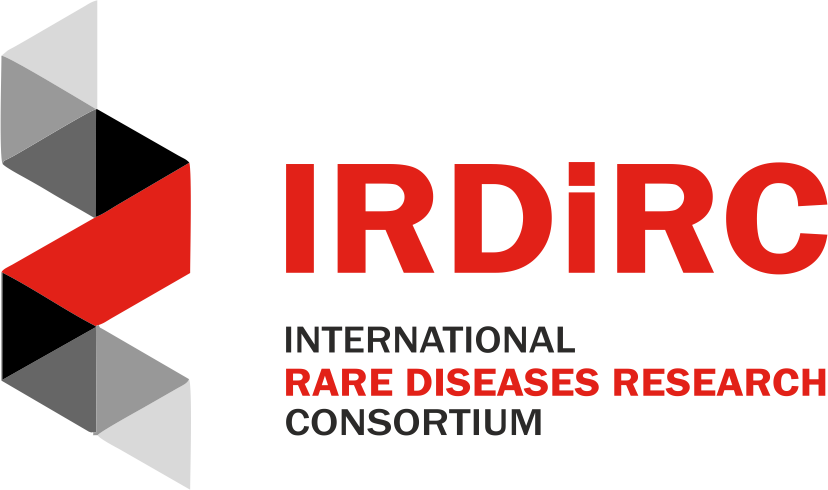IRDiRC has four Scientific Committees, one each for Diagnostics, Therapies, Interdisciplinary, and Regulatory aspects of rare diseases research. The Diagnostic Scientific Committee (DSC) identifies current and future bottlenecks to rare disease gene discovery, addresses challenges and roadblocks in rare disease diagnosis, and collaborates with international partners to develop tools and resources to facilitate genomic data discovery, analyses […]
NINDS creates the Ultra-Rare Gene-based Therapy (URGenT) Network
The National Institute of Neurological Disorders and Stroke (NINDS) recently created the Ultra-Rare Gene-Based Therapy (URGenT) Network. The URGenT Network supports the development of state-of-the-art gene-based therapies for ultra-rare neurological diseases, which affect as few or fewer than one in fifty thousand people. It supports Investigational New Drug (IND)-enabling studies and planning activities for First-in-Human (FIH) […]
Horizon Magazine publishes interview with IRDiRC leadership
On February 7th 2022, Horizon Magazine, issued by the European Commission’s Directorate-General for Research and Innovation, published an interview with past and present IRDiRC leadership. In view of Rare Disease Day on February 28th, the magazine has dedicated its Monthly Focus to developments in rare disease research and innovation in Europe and beyond, with a […]
Call for Members: IRDiRC Task Force on Drug Repurposing Guidebook
The Therapies Scientific Committee (TSC) is establishing a Task Force on Drug Repurposing Guidebook to help developers (of all kinds) navigating the rare disease landscape and identifying specific tools and practices of relevance for repurposing projects. The creation of the Development Guidebook will focus on repurposing approaches, following the same successful methodology used for the […]
Call for Members: IRDiRC Task Force on Disregarded Rare Diseases (PLUTO PROJECT)
The Therapies Scientific Committee (TSC) is establishing a Task Force to characterize specific commonalities amongst a large group of “disregarded” rare diseases, with the potential secondary aims to identify removable roadblocks that may foster future research and development. The PLUTO project aims at using an integrated database search approach to: identify and classify the groups of rare […]
Call for Members: IRDiRC Task Force on Disregarded Rare Diseases (PLUTO PROJECT)
The Therapies Scientific Committee (TSC) is establishing a Task Force to characterize specific commonalities amongst a large group of “disregarded” rare diseases, with the potential secondary aims to identify removable roadblocks that may foster future research and development. The PLUTO project aims at using an integrated database search approach to: identify and classify the groups of rare […]
PLUTO PROJECT – Disregarded Rare Diseases
Introduction As of today, less of 6% of rare diseases have approved treatments and most of the drug development efforts are actually concentrated on a limited number of conditions. Therefore, there are many rare diseases with little or no research activity, the so-called “disregarded rare diseases”. Many technical and social reasons may account for this: […]
PLUTO PROJECT – Disregarded Rare Diseases
Introduction As of today, less of 6% of rare diseases have approved treatments and most of the drug development efforts are actually concentrated on a limited number of conditions. Therefore, there are many rare diseases with little or no research activity, the so-called “disregarded rare diseases”. Many technical and social reasons may account for this: […]
Working Group Opening: MedTech for Rare Diseases
The Therapies Scientific Committee (TSC), the Interdisciplinary Scientific Committee (ISC) and the University of Twente, the Netherlands, are jointly establishing a Working Group to explore the role and value of medical devices in rare diseases. The Working Group will primarily focus on devices used for either the treatment of rare diseases, such as implants, and […]
Heritable Human Genome Editing Rare Disease Week Discussion
Heritable human genome editing has been proposed as a means of helping parents avoid passing genetic diseases to future generations. But can heritable human genome editing be used safely? On February 26, 2021 at 9:00 am EST (2 pm GMT / 3pm CET / 10 pm CST), join members of the International Commission on the […]

